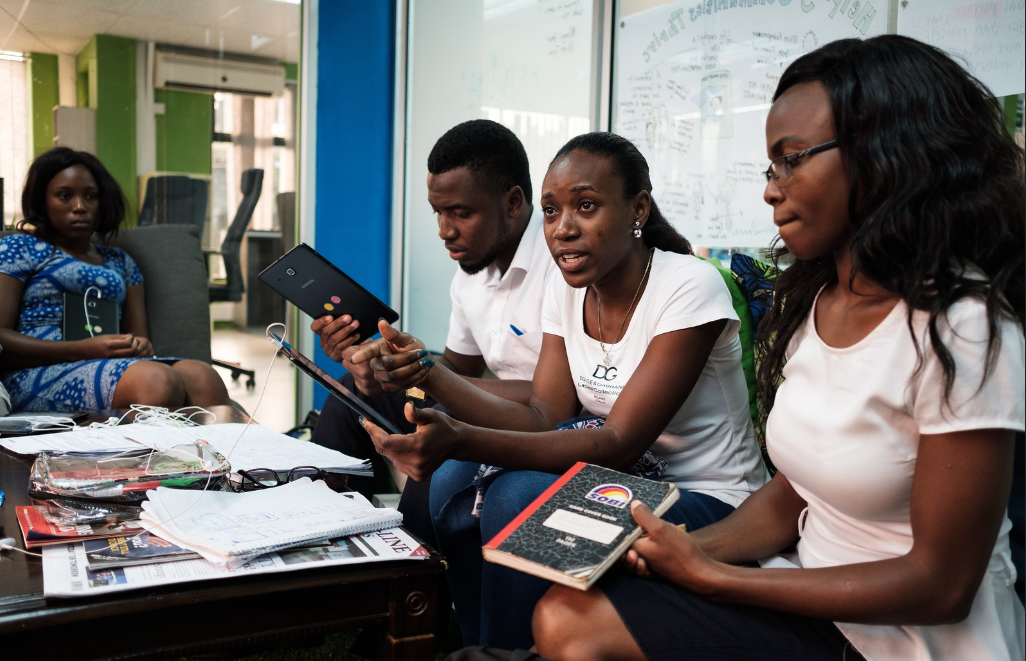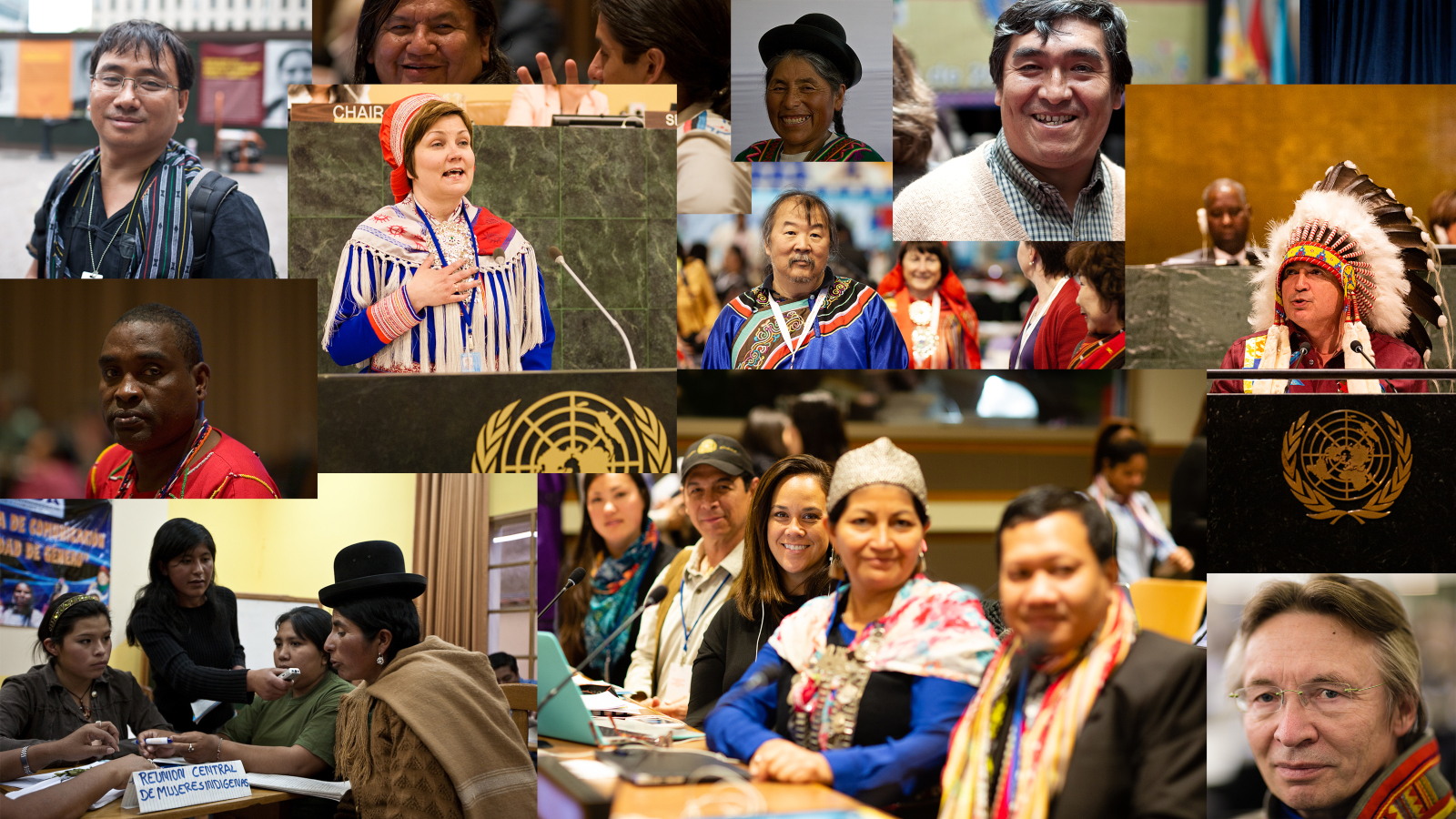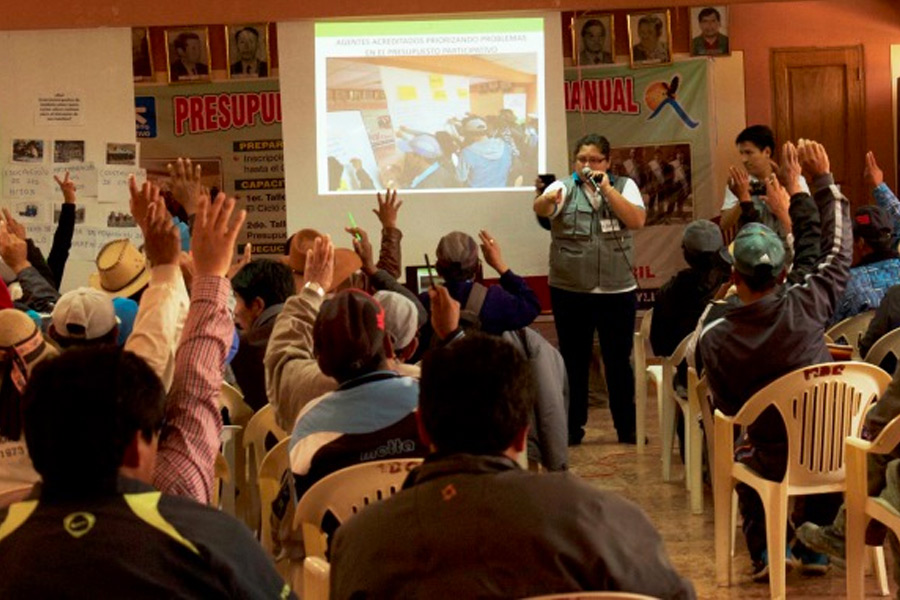Blog
Mar 15, 2017

Photo by Dominic Chavez, IFC
The African continent is endowed with an abundance of resources, both natural as well as human capital. However, often the human potential is overlooked due to some unique challenges facing the continent and its youth bulge. Currently more than 40% of Africa’s population is aged between 15-24 years and this number is expected to double by 2045. Africa has more young people under the age of 20 than anywhere else in the world, and this represents both an opportunity and a threat.
High youth unemployment is rife across many countries on the continent, and the market is struggling to provide jobs for the 10-12 million young people joining the labor force annually. This is largely due to poor trickle down effects of the commodity boom in various countries as well as the cost of decades of war and poor leadership.
The mining sector has been a key employer and played a pivotal role in the development and growth of the continent. In more recent times it has struggled to attract top skills due to the global demand and the perception of the sector. Increasingly, there is an opportunity for the mining industry to play a role in bridging the unemployment gap, and repositioning itself as an employer of choice, as well as a key job creator on the continent. By recruiting skilled youth and procuring goods and services locally, mining companies can improve the business environment and benefit local economies.
Countries are realizing the key to further growth and development is through industrialization and manufacturing. Beyond primary mining activities, there are key opportunities along the value chain, from beneficiation to creating new products from mining by-products and decommissioning mines in a sustainable way.
At the 2017 Mining Indaba in Cape Town, IFC hosted a roundtable discussion on mining and youth as a creative disruptive demographic opportunity, which explored diverse approaches to youth engagement. This discussion is urgent for the industry to incorporate new ideas and new technologies and remain relevant. Key sentiments echoed in the session were the role of mentorship and creating Youth Boards for the corporate sector so that young people can help the mining industry to innovate.
The mining industry also faces unique opportunities to explore new technologies and modes of communications by engaging millennials who are looking for cutting-edge and meaningful work environments. Embracing start-up culture to find new disruptive ideas and technologies to grow and move forward and a key focus on gender and STEAM (Science, Technology, Engineering, Art and Mathematics) are progressing.
These new opportunities not only lend itself well to the youth demographic, but more specifically women. The gender gap in the mining sector has historically been wide, with the participation of women very low. IFC has been promoting the integration of women into the mining workforce. The work that WomEng (Women in Engineering) has been doing on the continent in the sector has yielded results with an increase in participation of young women across various fields. This is largely due to changing perceptions of mining, showcasing the opportunity for innovation, positive role models and creating strong mentorship programs. The role of reverse mentorship is particularly important in such established sectors, where seasoned professionals are paired with young women entering the industry to learn and share knowledge from a very mobile and technology centered generation.
It is exciting times as the sector looks at growth through the lens of young people and gears up to embrace a demographic who is more technology savvy, connected and vocal than ever before. Young people represent the opportunity to grow in directions never envisaged and to move the mining industry forward.
Related Content
No Deal or New Deal? 3 Factors for Unlocking Digital Opportunities for Local Youth and Women
Community Investment and Partnerships
People and the planet together: Why Indigenous Peoples and local communities are at the heart of climate action
Community Investment and Partnerships
IFC Engages Local Leaders in Municipal Planning in the Peruvian Highlands
Community Investment and Partnerships


